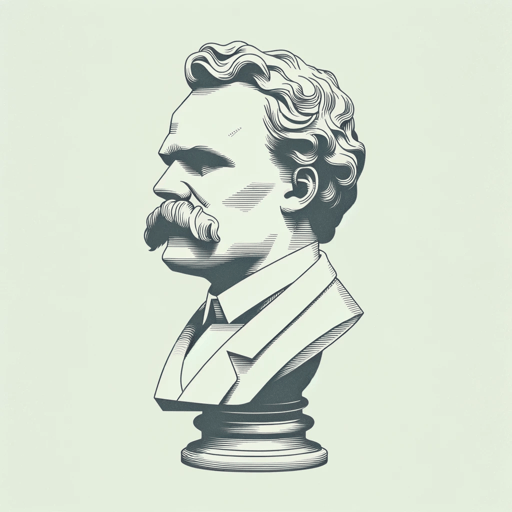32 pages • 1 hour read
Friedrich NietzscheThe Gay Science
Nonfiction | Book | Adult | Published in 1882A modern alternative to SparkNotes and CliffsNotes, SuperSummary offers high-quality Study Guides with detailed chapter summaries and analysis of major themes, characters, and more.
Book Third-Book Fifth: We Fearless OnesChapter Summaries & Analyses
Summary: “Book Third”
In “Book Third,” Nietzsche dissects the construction of knowledge, proposing that “the strength of conceptions” like logic “does not […] depend on their degree of truth” (85) but results, instead, from changes over time in an individual’s relationship to the human herd, and that “the only experiences are moral experiences, even in the domain of sense-perception” (86).
He proposes that logic grows out of the immense illogical chaos of the universe. Here, Nietzsche examines how individuals whose philosophies go against herd-instinct cause “him a sting of conscience–and his neighbour likewise, indeed the whole herd!–it is in this respect that we have most changed our mode of thinking” (87).
In “Book Third,” Nietzsche writes his most famous phrase, “God is dead” (81), and later adds “We have killed him” (90). In ancient times, knowledge was a means to virtue. Eventually that virtue corrupts, to a point. Society no longer values the figures of the Christian church, as it once did, and so, Nietzsche proposes, as the polytheism of the Greeks gives way to that of the Romans, similarly the concept of a monotheistic God loses its value. This occurs, Nietzsche contends, in Martin Luther’s time. Nietzsche explores this in the first half of “Book Third,” and proposes that the idea of man as flawed.
Related Titles
By Friedrich Nietzsche

Beyond Good And Evil
Friedrich Nietzsche

On The Advantage And Disadvantage Of History For Life
Friedrich Nietzsche

On the Genealogy of Morals
Friedrich Nietzsche

The Antichrist
Friedrich Nietzsche, Transl. H.L. Mencken

The Birth of Tragedy
Friedrich Nietzsche

The Will to Power
Friedrich Nietzsche, Ed. Walter Kaufmann, Transl. R.J. Hollingdale

Thus Spoke Zarathustra: A Book for All and None
Friedrich Nietzsche

